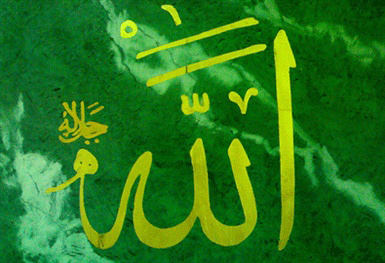
“O Children of Adam: Beautify yourselves for every act of worship, and eat and drink [freely], but do not waste: truly, He loves not the wasteful.†(Qur’an: 7:31)
by Ayesha Mattu for Religion Dispatches, April 22, 2008
In Islamic tradition it is considered that humans were created as khalifas (trustees) of the earth and of its animal, mineral and plant resources. As caretakers, it is said, we may utilize these resources as long as we respect the balance that must be maintained in all aspects of our lives –spiritual, physical and mental.
There is extensive support for environmental protection in Islamic theology – from the Prophet Muhammad’s self-practice and repeated exhortations to plant trees or to not waste water, to the stern limitations on military engagement stating that civilians, animals, trees and water sources were not to be harmed. And this theology was regularly put into official practice over the centuries. As American Muslim scholar Zaid Shakir has said: “The protection of natural habitat, the well-being of animals, and related responsibilities were often overseen by appointed officials, members of the world’s first environmental protection agencies.â€
Dr. Derek Wall of the UK’s Green Party has remarked (in an article for the UK’s Guardian titled “Green Islam”) that contemporary Muslim scholars like George Washington University’s Seyyed Hossein Nasr have been advocating Islamic environmentalism since the 1970s while Swiss academic Tariq Ramadan has been evolving a thoughtful understanding of “spiritual ecologyâ€.
Some might say, rightly, that our green legacy has been forgotten as the race to industrialization has created environmental devastation and dead zones in more- and less-developed countries alike. Some may even suspect the environmental movement of being another Western initiative to impede the progress of Muslim nations. In spite of this, we are beginning to see Muslim community-based organizations in the global North and non-governmental organizations in the global South reviving these deep-rooted green practices in a manner informed both by modern realities and Islamic principles.
For the rest of this article, click here.